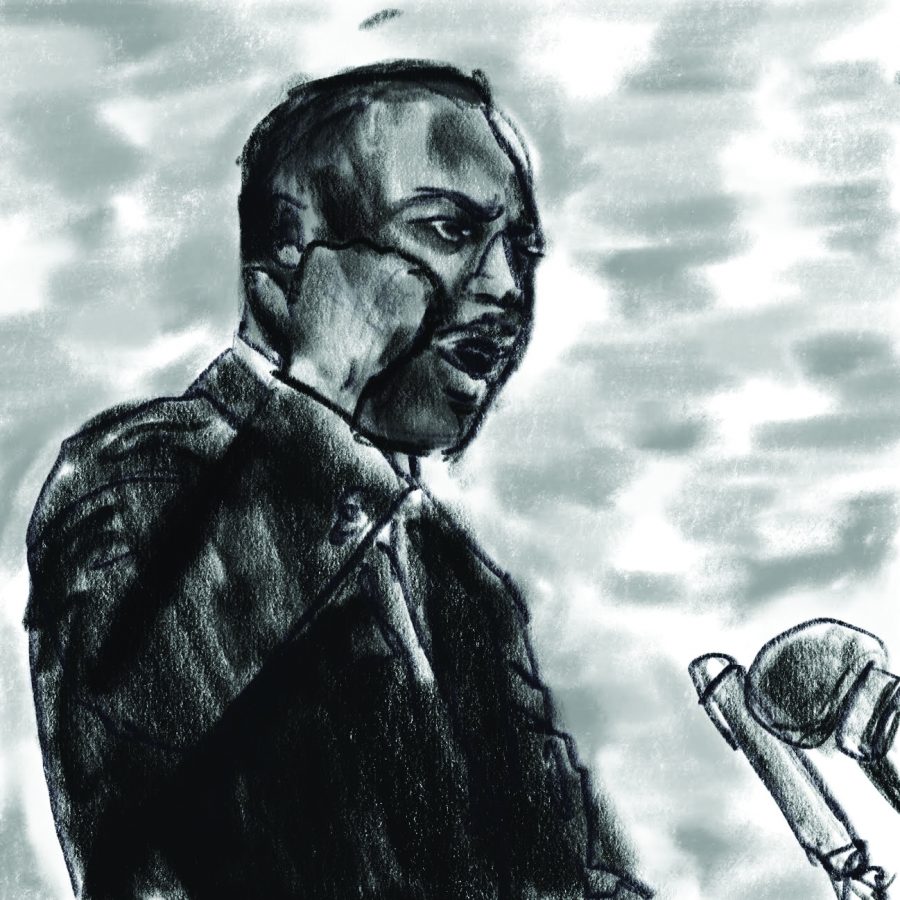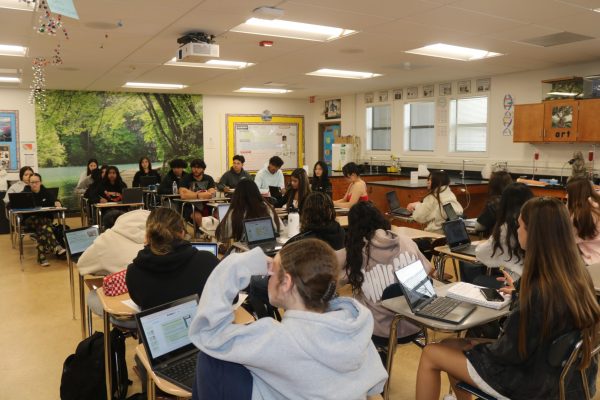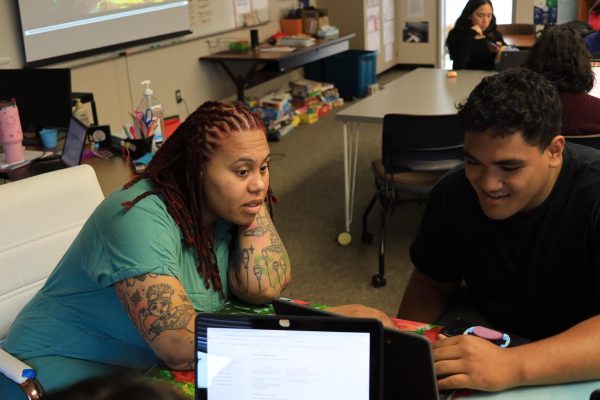Why MLK is important
Jan. 21, 2019. This is the day we honor the man who transformed American history and the African American community.
Martin Luther King, Jr. implemented change during the summit of the Civil Rights Movement in 1960s and was also a driving force behind important events such as the Montgomery Bus Boycott.
In response to Rosa Parks’ arrest, the Montgomery Boycott was a mass protest that concluded with the U.S. Supreme Court ruling that segregation on public buses is unconstitutional. The boycott was brought together by the Montgomery Improvement Association and the president of the asso- ciation, King. It displayed the
success of a non-violent mass protest that challenged segre- gation.
King’s incredible non-violent efforts created traction for the Civil Rights Movement and lead to the Nobel Peace Prize he received in 1964, and the Presidential Medal of Freedom he was awarded posthumously in 1977.
He fought for equality of races along with economic and employment equality, full citizenship, and the access to affordable housing for all.
He is most remembered for his passion- ate speeches, including the famous “I Have a Dream” Speech, which was delivered during the March on Washington in 1963. The 17-minute speech called for an end to
racial inequality and conveyed his vision of a world where people were only judged by the “content of their character,” not on their skin color. The speech was aimed to emphasize unity and equal justice.
Although King was looked at as a black civil rights champion, he also stood up for other people who did not have a voice.
He supported striking workers and urged economic justice for black, white, and poor Americans. He shined light on racial inequality at a time where the topic was incredibly controversial and sensitive.
King’s last speech before his assassina- tion was “I’ve Been to the Mountaintop” in which he declared that African Ameri- cans needed to join together and protest non-violently for the unfair treatment of sanitation workers.
On April 4, 1968, King was assassinated by James Earl
Ray in Memphis. King’s life was
cut short but his legacy lives on. He showed the world his vi- sion of a so- ciety where race is not an issue and peo- ple are treated equally. Sadly, his vision has not been fully carried out as America still has a long way to go. But his achievements still affect the world today in our continuous fight for equality.
On the third Monday of January every year, we as a nation should renew our sense of hope in America’s future. King was a leader of a movement promoting the idea that America could change for the better if we unite as one and work toward progress.
That is exactly what Americans need to continue to do.

Michelle Kuperman has been in newspaper since her sophomore year. As a senior she will be editing the Arts & Entertainment section. Her favorite subject...




